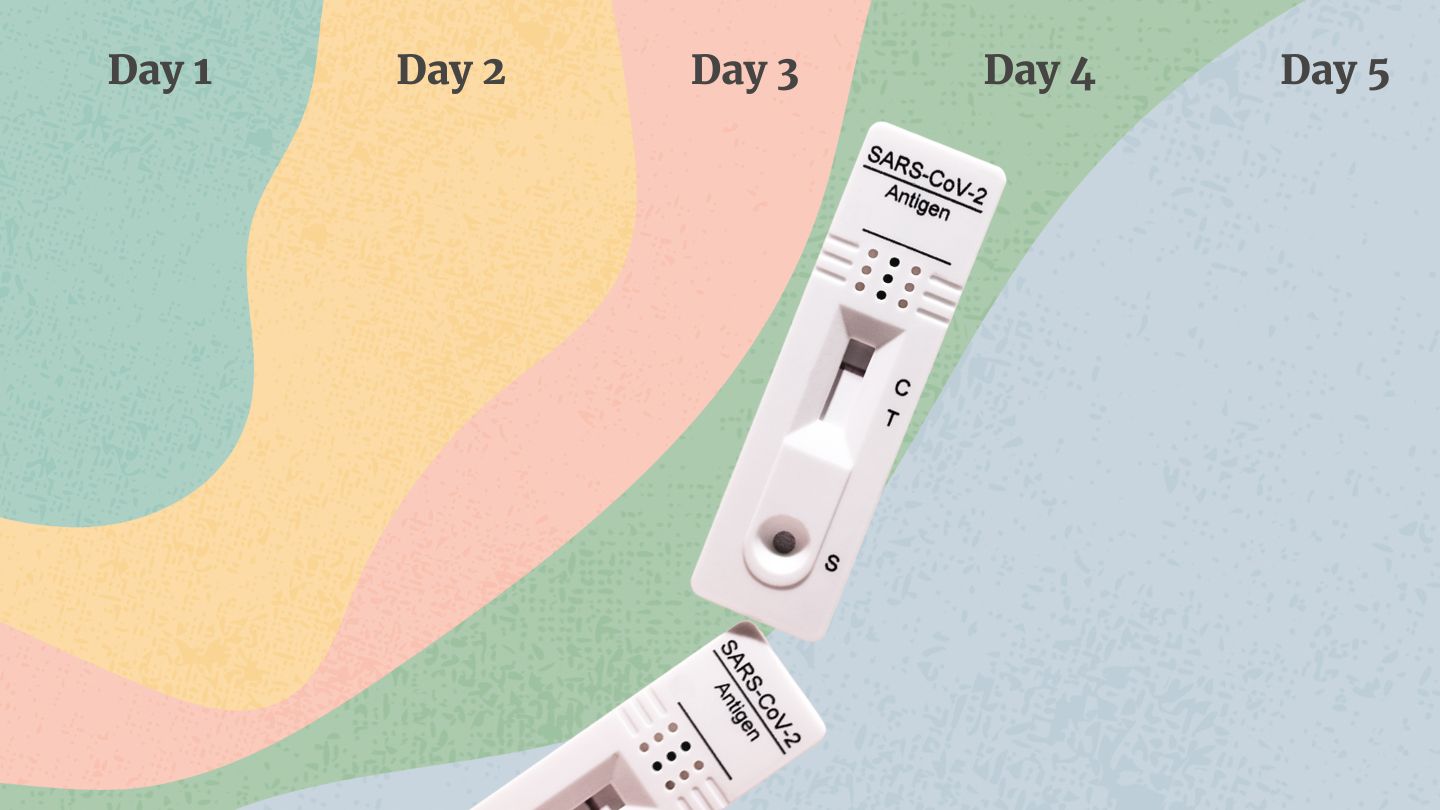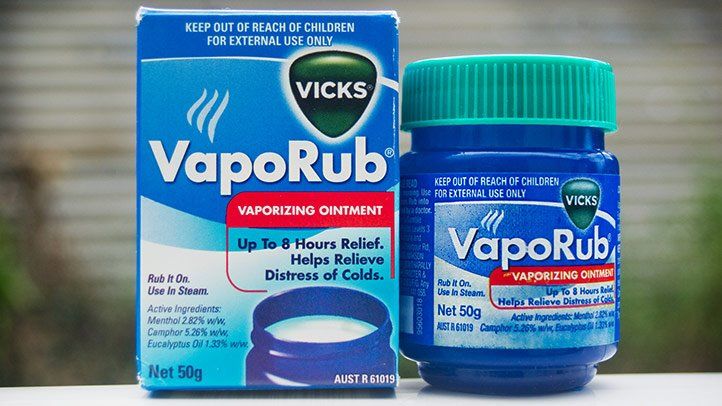Can You Take Flonase and NyQuil Together?
Having a stuffy nose can be downright miserable. Between the nasal congestion, runny nose, sneezing and post-nasal drip, cold symptoms can make it difficult to breathe and sleep. When over-the-counter medicines like Flonase and NyQuil come to the rescue, it's tempting to take them together to maximize relief. But is it safe to use these medications at the same time?
The short answer is yes, you can take Flonase and NyQuil together as needed. However, there are a few things to keep in mind.
What is Flonase?
Flonase is a corticosteroid nasal spray that is used to treat and prevent nasal allergy symptoms like congestion, sneezing, runny nose and itchy nose. The active ingredient in Flonase is fluticasone propionate, which works by reducing inflammation in the nasal passages to open them up and make breathing easier.
Flonase is meant to be used as a daily preventive treatment. When used regularly, it can help prevent allergy flare-ups and reduce congestion. It takes several hours to start working after using it, so it is not intended for fast relief of acute symptoms.
What is NyQuil?
NyQuil is an over-the-counter cold and flu medication that is designed to treat nighttime symptoms so you can get rest. It contains the following combination of active ingredients:
- Acetaminophen - a pain reliever and fever reducer
- Dextromethorphan - a cough suppressant
- Doxylamine succinate - an antihistamine that treats runny nose and sneezing
Because NyQuil contains a sedating antihistamine, it can make you drowsy. The idea is that it helps relieve cold and flu symptoms like coughing, body aches and congestion so you can sleep.
Are Flonase and NyQuil Safe to Take Together?
Yes, Flonase and NyQuil can safely be taken together as directed. Flonase is a nasal corticosteroid spray that treats local symptoms in the nose. NyQuil contains systemic medications that treat whole-body symptoms. Using them together can provide more complete relief.
However, there are a few precautions to keep in mind:
- Don't exceed the recommended dosing of either medication - more is not necessarily better.
- Allow sufficient time in between using each medication to prevent overmedication.
- Be aware of possible side effects like insomnia or drowsiness if taking NyQuil.
- Don't use NyQuil if you are already taking any other drugs that contain acetaminophen, antihistamines or dextromethorphan to avoid accidental overdose.
- Talk to your doctor before using if pregnant, breastfeeding or have other medical conditions.
How to Safely Use Flonase and NyQuil Together
Here are some tips for getting the most out of Flonase and NyQuil while avoiding side effects or overmedication:
- Use Flonase regularly as directed - don't just use it when symptoms flare up.
- Take NyQuil at nighttime to treat acute symptoms and help you rest.
- Leave sufficient time between using each medication, such as 12 hours apart.
- Always read medication labels carefully to ensure correct dosing.
- Talk to a pharmacist or doctor if you have any concerns about interactions or side effects.
- Avoid driving or operating heavy machinery when taking NyQuil.
- Do not drink alcohol while taking these medications.
- See a doctor if symptoms persist longer than one week or worsen.
When to Avoid Using Flonase and NyQuil Together
While Flonase and NyQuil are generally safe to use together, there are some situations when you'll want to avoid using this combination:
- If you have severe liver disease - NyQuil contains acetaminophen which requires liver metabolism.
- If you have glaucoma - NyQuil contains an antihistamine that can increase eye pressure.
- If you are taking monoamine oxidase inhibitors (MAOIs) for depression - drug interactions can occur.
- If you are taking certain cardiac medications, diuretics or beta blockers - drug interactions can occur.
- If you are pregnant or breastfeeding - talk to your doctor first.
- If you have an allergy to any of the active or inactive ingredients.
- If you are giving it to a child under 12 years old.
When in doubt, avoid using Flonase and NyQuil together until you can consult with your pharmacist or health care provider.
5 Quick Ways to Get Rid of a Stuffy Nose
When congestion strikes, try these fast-acting remedies to get relief no medications required:
1. Use a Saline Spray or Rinse
Saline solutions made for nasal irrigation like NeilMed can help thin out mucus and flush out the nasal passages. Using a Neti pot or nasal spray with salty water may provide some quick decongestion.
2. Drink Hot Fluids
Sipping on hot tea, broth or lemon water can help loosen nasal congestion. The steam from a hot beverage may open up sinus passages and drain mucus out.
3. Take a Steam Shower
Inhaling warm, moist air from a steamy shower can soften and mobilize mucus to clear a stuffy nose. Add menthol or eucalyptus to the steam for added decongestion.
4. Use a Warm Compress
Placing a warm, moist washcloth over your nose and cheeks can ease congestion. Alternating between cold and hot compresses can also help stimulate mucus flow.
5. Use a Humidifier
Running a cool mist humidifier, especially at night, can keep nasal passages moisturized and flowing freely. This prevents congestion from worsening.
When to See a Doctor for Nasal Congestion
While there are many effective home remedies for a stuffy nose, in some cases it's wise to see a doctor for evaluation and treatment. Seek medical care promptly if you have:
- Symptoms lasting 10 days or longer
- Frequent bouts of sinus infections
- Yellow or green nasal discharge
- Facial pain or pressure
- Difficulty breathing through your nose
- Recurrent nosebleeds
- Headaches
- Fever
Chronic nasal congestion can be a sign of an underlying condition like chronic sinusitis, nasal polyps, enlarged adenoids or deviated septum. Your doctor can examine your nose and sinuses to determine if any other treatment is needed.
Other Remedies and Medications for Nasal Congestion
In addition to Flonase and NyQuil, there are a variety of other over-the-counter and prescription products available to get rid of a stuffy nose fast. Some other options include:
- Nasal corticosteroid sprays like Flonase and Rhinocort
- Decongestant sprays like Afrin and NeoSynephrine
- Antihistamines like Zyrtec, Allegra and Claritin
- Decongestant pills like Sudafed
- Nasal strips like Breathe Right
- Neti pot or other nasal rinses
- Saline nasal sprays and gels
- Mucus-thinning drugs like guaifenesin (Mucinex)
- Prescription nasal sprays
Talk to your pharmacist or doctor for help choosing the most appropriate remedies for your symptoms and health status.
When to Use Caution with Decongestants
While decongestant sprays and pills can provide fast relief, they also come with some cautions. Nasal decongestant sprays like Afrin should only be used for 3 days max, or rebound congestion can occur. Oral decongestants like Sudafed can raise blood pressure and cause insomnia or anxiety.
Use extra caution with decongestants if you have:
- High blood pressure
- Heart disease
- Thyroid disease
- Diabetes
- Glaucoma
- Prostate issues
Talk to your doctor before using any decongestant if you have ongoing health conditions. And read labels closely to avoid accidental overmedication from any cold medicines.
When to See an Allergist
If you find yourself constantly battling nasal congestion, sneezing and other upper respiratory symptoms, seeing an allergist can help. An allergist can determine if allergies to dust, pet dander, pollen or other environmental triggers are the culprit.
Allergy testing can identify specific allergens so you can take steps to minimize exposure. Immunotherapy like allergy shots can also help desensitize your immune system's reaction.
Getting your allergies under control with professional guidance can be the best way to clear a chronically stuffy nose. An allergist can create a tailored treatment plan so you can breathe freely.
The Bottom Line
Stuffy nose symptoms can disrupt sleep, impair daily function and diminish quality of life. While it's generally fine to pair Nasacort and NyQuil when used as directed, caution is warranted in certain situations. Home remedies and OTC meds can provide relief in the short term.
But if congestion becomes chronic or severe, see an allergist or ENT. They can determine if any underlying conditions are causing ongoing nasal obstruction and craft an effective treatment plan. With the right approach, you can ditch the stuffiness and discomfort so you can breathe easy.
Disclaimer: This article is for informational purposes only and does not constitute medical advice. Always consult with a healthcare professional before starting any new treatment regimen.
Related Coverage
Learn techniques for easily figuring out what day will be 5 days from any starting date. Methods using calendars, apps, sites and calculators to count weekdays and weekends....
Naturopathic medicine provides complementary care emphasizing natural treatments, prevention and root causes of illness. Explore top naturopathic doctors in Gilbert, AZ....
Learn about the ongoing debate over just how effective Vicks VapoRub really is at treating coughs and colds. Get the facts on ingredient safety concerns and tips for proper usage....
Learn about the benefits and precautions of using DayQuil and ibuprofen together to treat cold and flu symptoms. Follow dosage guidelines carefully....
DayQuil can temporarily relieve a sore throat caused by a cold or flu. Its combination of pain relief, cough suppression, and decongestion provides short-term symptom relief....
Sinus rinse machines can provide relief from congestion and sinusitis symptoms. Learn how these nasal irrigation devices work, top product picks, proper usage tips and more....
Sinus infection eye pain is common with sinusitis. Try natural remedies like warm compresses, steam inhalation and nasal irrigation to relieve pressure....
An onion honey pot harnesses the medicinal benefits of onion and honey to relieve coughs. Learn how to make this traditional remedy at home....
Learn how phlegm protects respiratory health, what normal & abnormal mucus looks like, when to seek medical help for changes, and how to improve lung wellbeing....
Seeing mucus or phlegm in the back of the throat is common but can signal infections, allergies, smoking, weather changes, etc. Learn reasons for mucus, when to seek care....









